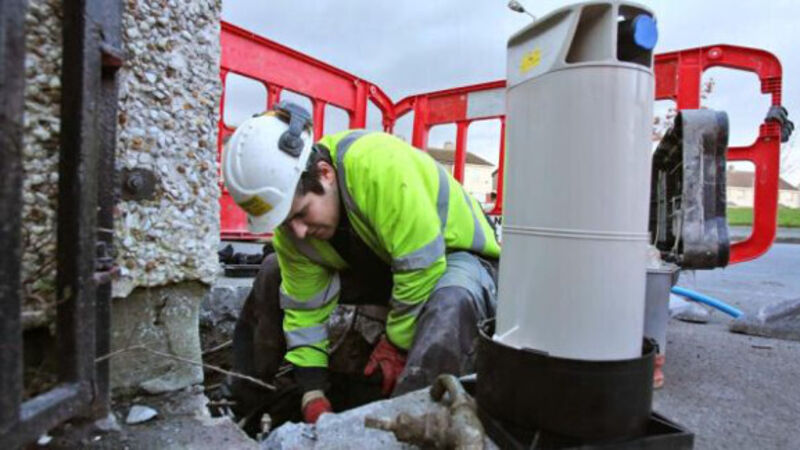Floating voters won’t forget water charges farce

After four years of the hated Irish Water quango; battles over the installation of 890,000 meters outside homes; the muddled billing of 1.5m people; and political chaos over charging households, the money taken from people now looks set to be refunded to those who paid their charges.
Furthermore, there is little appetite for an “excess” water use charge. Water charges are finished.












